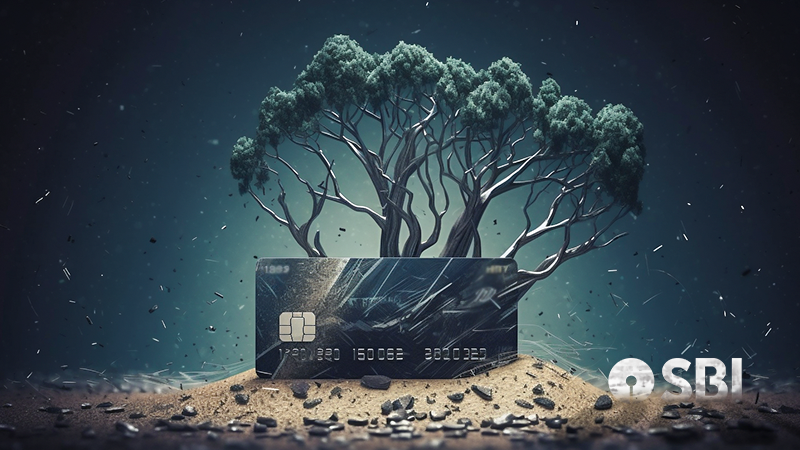There are multiple loans and lenders available today to meet one’s financial obligations. However, these loans have to be repaid duly as non-payment of dues has many repercussions like an unending cycle of debt or even jail time. This unending cycle of debt is known as a debt trap where essentially you borrow more to repay existing loans. It can eventually wipe out all your life savings or assets and it still may not be enough to settle them. It is therefore essential to make an effective plan to get out of a debt trap as soon as possible.
We bring you some smart tips which you can use to make your way out of a debt trap.
How to Come Out of Debt Trap
There are some basic measures that can be taken to avoid falling into a debt trap. Some of such measures are mentioned below.
1. Get an exact idea of the total amount due
The first and foremost step in repaying any dues is getting an exact idea of the amount to be paid. If you stuck with too many loans which you do not have a clue about, this should be your first step. Getting an idea of the total amount due will also help in better planning for the payment of such an amount and understand the gravity of the situation.
2. Prioritise and ensure timely payment of debt
Another important step is to prioritize the repayment of your dues. Ensure that the liabilities having a higher cost (interest cost) are repaid first. For example, credit card dues or personal loans charge interest at a higher rate. This will not only help in reducing the overall burden of debt but will also help in lowering the interest cost.
Another benefit of paying the dues on time is keeping your credit score healthy. A good credit score will ensure that you get timely credit to meet your financial needs. It is, therefore, advisable to periodically check the credit score to ensure that there are no errors and all the debt closed is duly reported to the credit rating agencies.
3. Consolidate loans
When there are multiple loans of different tenure and interest payments, tracking them and making timely payments can be difficult. Consolidation of loans will also help in reducing the interest cost from high-cost debt to low or medium interest debt. By opting for consolidation, you will get to consolidate all loans under a single bigger loan Hence, it is advisable to approach the lender to help you consolidate your loans. But bear in mind that, your existing loans will get closed, but you will still have a bigger EMI to pay depending upon the rate at which you get the new loan.
You could also try balance transfer of loans from high interest to low-interest ones.
4. Reduce expenses and increase income avenues
If payment of dues is difficult to meet in the current income level, the only option available is to make room for such expenses in the monthly budget. This can be done by reducing the monthly expenses wherever possible at the same time finding new income sources that may eventually generate sufficient income. Drawing up a budget and sticking to it will be immensely helpful.
5. Liquidate assets to pay off loans
Having loans spiral out of control can be a cause of great mental stress. When you are in such situations, get out of the debt by any means would be welcome. If you have any assets, you might want to sell them off and clear off your loans. But, you might want to try this only after a clear assessment of the situation and the debts at hand.
6. Get protection against unforeseen circumstances
Insurance is an essential tool to safeguard yourself against any unfortunate circumstances. It may be natural disasters or any other event like job loss, disability due to an accident, etc. Insurance will help in meeting the financial obligations in such cases and will save you from further falling into a deeper debt hole.
7. Avoid settlement of loans
Banks offer a settlement of loans when the borrower is consistently not able to meet the EMIs on time or has defaulted in such payments. This settlement is for an amount lower than the total due. This may seem like a good deal but you should opt only as a last resort. Settlement of loans will reduce the loan liability but will negatively impact the credit score. A lower credit score will have long-term repercussions and the borrower may not be able to get any future loans or credit cards.
Conclusion
A debt trap is one of the most harrowing experiences that can take away your peace of mind for good. While taking loans to meet your needs is a better option than draining your life savings, the important point to remember is to take only as many loans as per your repayment capacity. When there is an imbalance in these two, it will invariably land you in a debt trap, and getting out of it will definitely be a huge task.
Related Articles



























